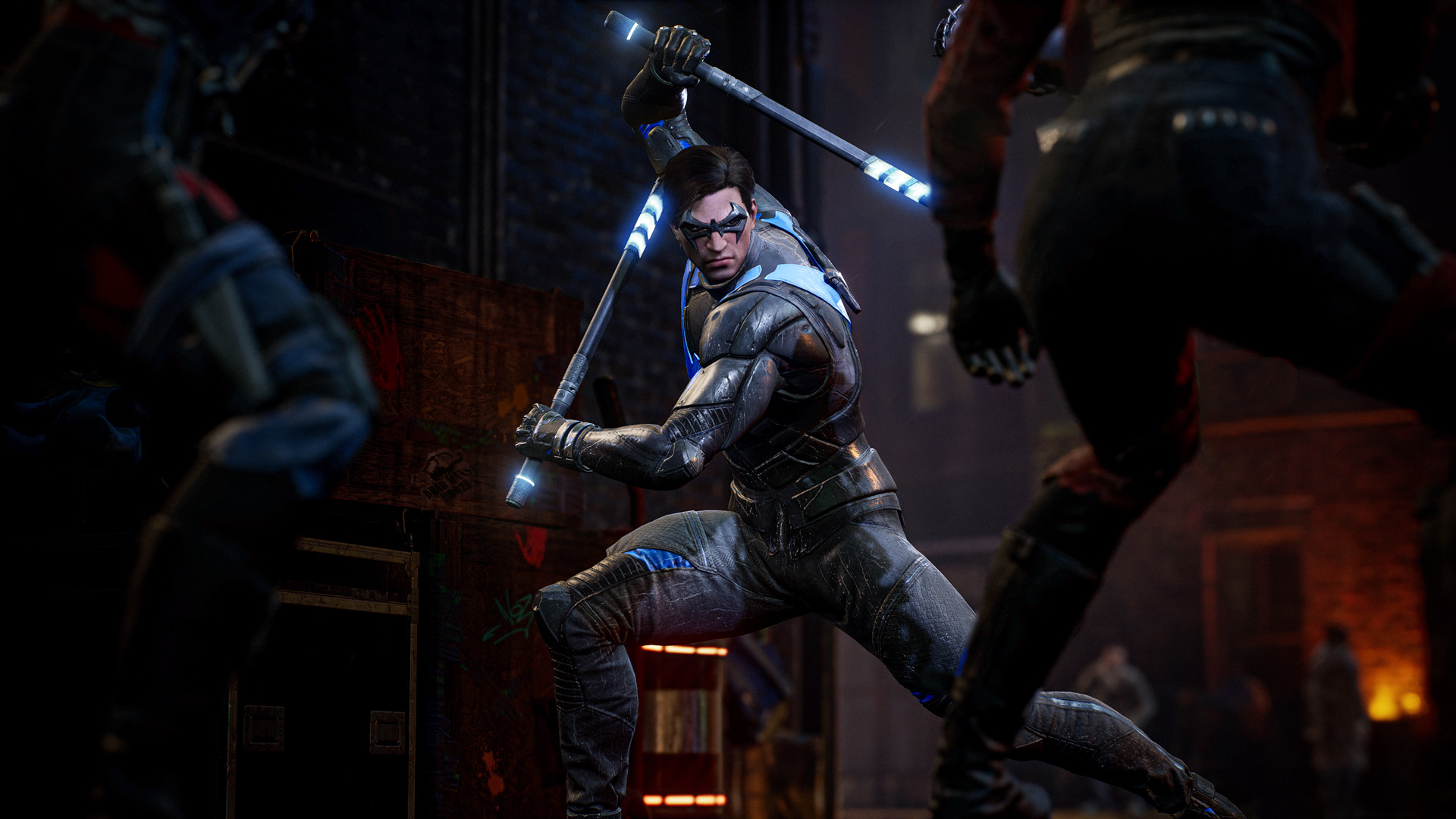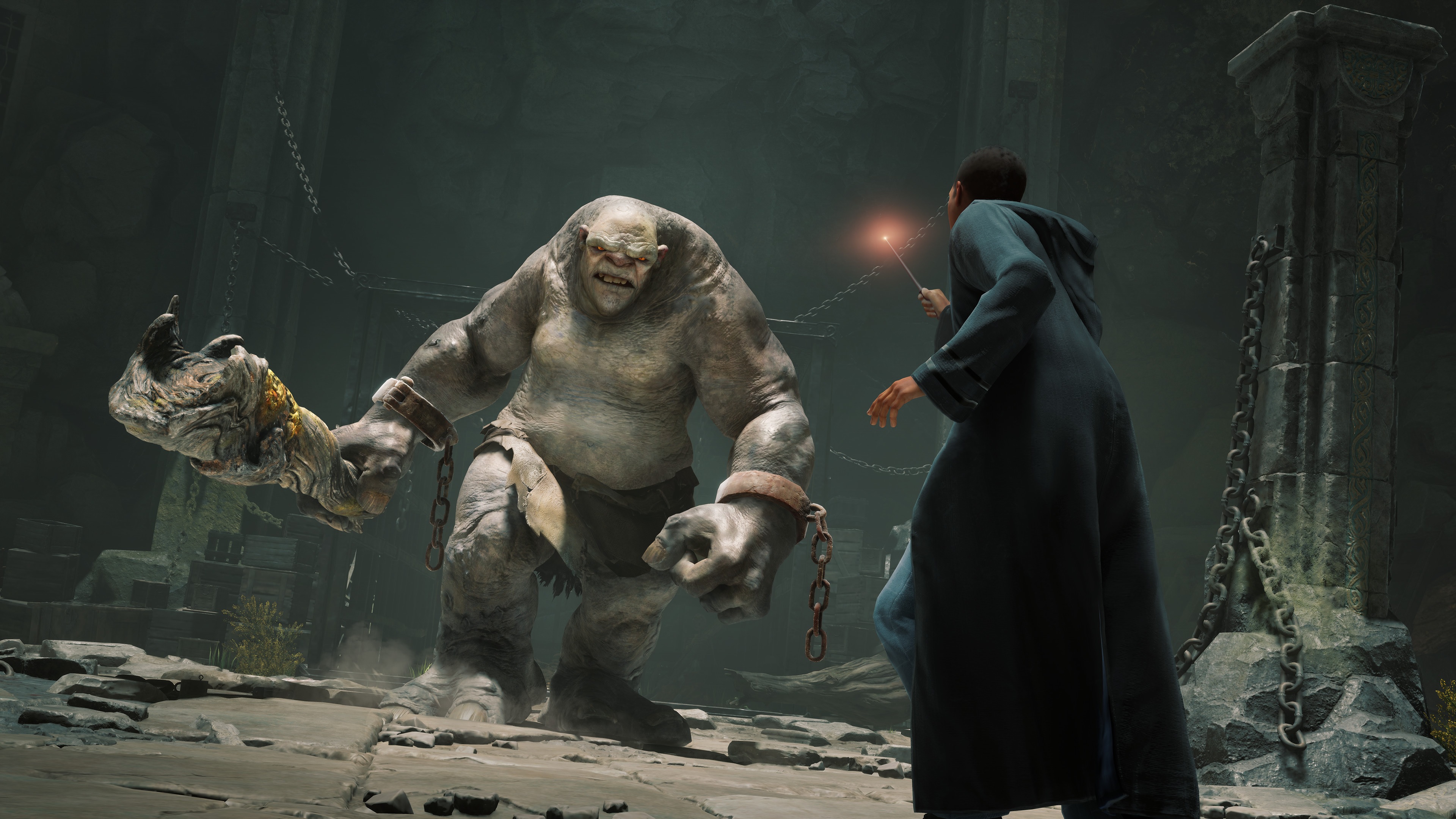
What you need to know
- Warner Bros. has many beloved IPs that include Lego, Lords of the Rings, DC characters, and more.
- New live-service title Suicide Squad: Kill the Justice League has player counts below 500 players on Steam.
- Meanwhile, Hogwarts Legacy continues to have player counts above 10,000 players.
- Warner Bros is now doubling their efforts on live-service games.
Warner Bros has created some beloved games in the past. Every gamer has some form of connection with their lineup, whether it be the Arkham series, Mortal Kombat, Injustice, or one of their many Lego games. That doesn't mean everything they've constructed has been loved, though.
In recent years, game success has been split for Warner Bros. Recently released live-service title Suicide Squad: Kill the Justice League has fumbled since launch, hitting a 24-hour peak of 497 players on Steam. Gotham Knights, while technically not a live-service game, failed to capture an audience in any meaningful way. However, it still attracts more concurrent players than Suicide Squad does.

Think about that for a moment. A single-player game, which failed by many metrics and was released 15 months ago, has more players than the company's live-service project in the same universe. Suicide Squad launched four weeks ago, by the way.
Warner Bros. has also seen some success in this field with the launch of Mortal Kombat 1 and Multiversus. Mortal Kombat 1 currently sits at a concurrent player count of over 2,000. It's nothing significant, but it's admirable nonetheless. Multiversus has still to reappear, but after a successful launch, it saw its numbers dwindle to the 500 mark before its closure in June of last year. These are rookie numbers compared to the biggest hit Warner Bros. had.
Even now, Hogwarts Legacy has a concurrent player count of over 10,000 on Steam — twenty times the number on its newest live-service title. Not only was it the most-sold title in 2023, but it was still the sixth best-selling game for January 2024. So it makes sense that Warner Bros is now doubling down on the projects that don't print them money, games like Suicide Squad. You read that right: Warner Bros is going all-in on their least successful game type, live-service!

I'm not going to sit here and pretend to say that what they're doing doesn't have a chance to work, especially with the upcoming Harry Potter: Quidditch Champions. That game will likely hit some level of success based on Harry Potter and Quidditch alone, but that doesn't mean I trust their overall plan for success.
In a recent Morgan Stanley speaking event, J.B. Perrette, CEO of Warner Bros. Discovery Gaming, opened up about the strategy moving forward for Warner Bros.
"We're doubling down on games as an area where we think there is a lot more growth opportunity that we can tap into with the IP that we have and some of the capabilities we have on the studio, where we're uniquely positioned as both a publisher and a developer of games."
Alright, so far so good. This sounds good so far; I'd love to see more games like Hogwarts Legacy, where they put love and care into a world of wonder and majesty.
"Rather than just launching a one-and-done console game, how do we develop a game around, for example, a Hogwarts Legacy or Harry Potter, that is a live-service where people can live and work and build and play in that world in an ongoing basis?"
Oh. Not only are you doubling down on an area of gaming that people are clamoring for the death of on social media to some degree. One that saw PlayStation cancel games. One that you've so far failed in, but you mentioned the word 'play' as the last thing people could do in these games. Live, work, and build all came before the word play.
I guess we'll see how this works out. Let us know what you think below in the comments, or somewhere on social media!







